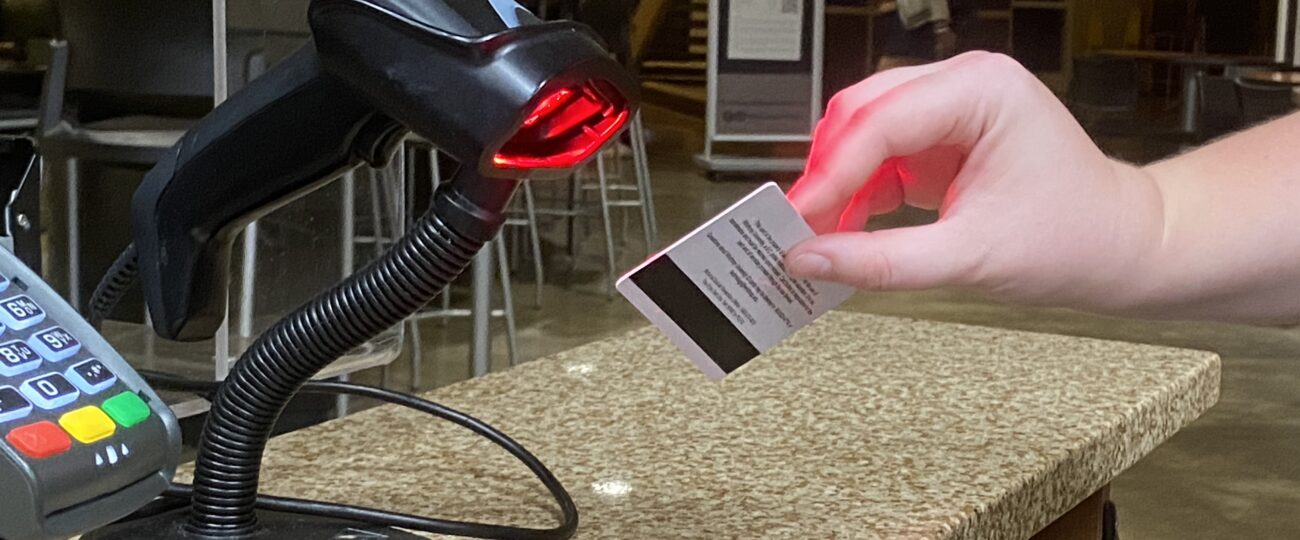The food services and facilities management company is partnered with a non-profit organization called Swipe Out Hunger, through which they donate a free meal swipe in exchange for each meal plan sold. The program was launched in 2019, but this is the first full year that it is active at Winthrop University.
Swipe Out Hunger advocates for ending food insecurity among college students, and does so through several initiatives. According to their website, “The Sodexo and Swipe Out Hunger pilot program launched on 12 campuses across the U.S., including Seattle Pacific University and San Francisco State University. As a result of the pilot, 80 percent of participating students felt less stress and 44 percent performed better in their classes.”
Dining Services hopes bringing the collaboration to Winthrop will promote similar outcomes for its students, especially given that the program was more limited last academic year than it is now.
Candidates are advised to contact Assistant Dean of Students, Miranda Knight to disclose their personal circumstances that help determine their level of need. She and general manager for Sodexo, Helen Hoban mutually decide on the number of Eagle Meals that should be applied to student’s IDs on a case-by-case basis.
Knight and Hoban are the only people who know the participant’s identity throughout the application process, and the only record of affiliation with the program is the WUID associated with the student’s meal plan.
The meal swipes allotted from Sodexo’s virtual bank are converted into Eagle Meals to use at Markley’s Food Court and Eagle Eatery alike, though these meals cannot be converted into Cafe Cash.
Neither Eagle Meals nor Eagle Bucks or Cafe Cash are redeemable off campus.
Wanda Koszewski, Chair of the Human Nutrition Department, says that she encourages students to look into the program, and to take advantage of additional resources like the Food Box in 308 Dalton Hall, or the weekly farmer’s market held every Wednesday on Scholar’s Walk.
The Food Box and farmer’s market are hosted by the Human Nutrition Department. Both have a “no questions asked” policy if students feel uncomfortable talking about their reasons for seeking out assistance.
“Anything that students can use to get access to food, I highly recommend,” Koszewski says.
“The body needs food to function, especially the brain. If somebody doesn’t have access to food, they’re not able to eat–they’re not getting the calories and the energy they need to perform their strongest in the classroom. The brain is like any other organ or muscle, it’s got to have fuel; also I think just the stress of trying to handle things financially starts to impact relationships, their academic performance, how they’re feeling, their mental health, their physical health, so it does have a cascade effect.”




